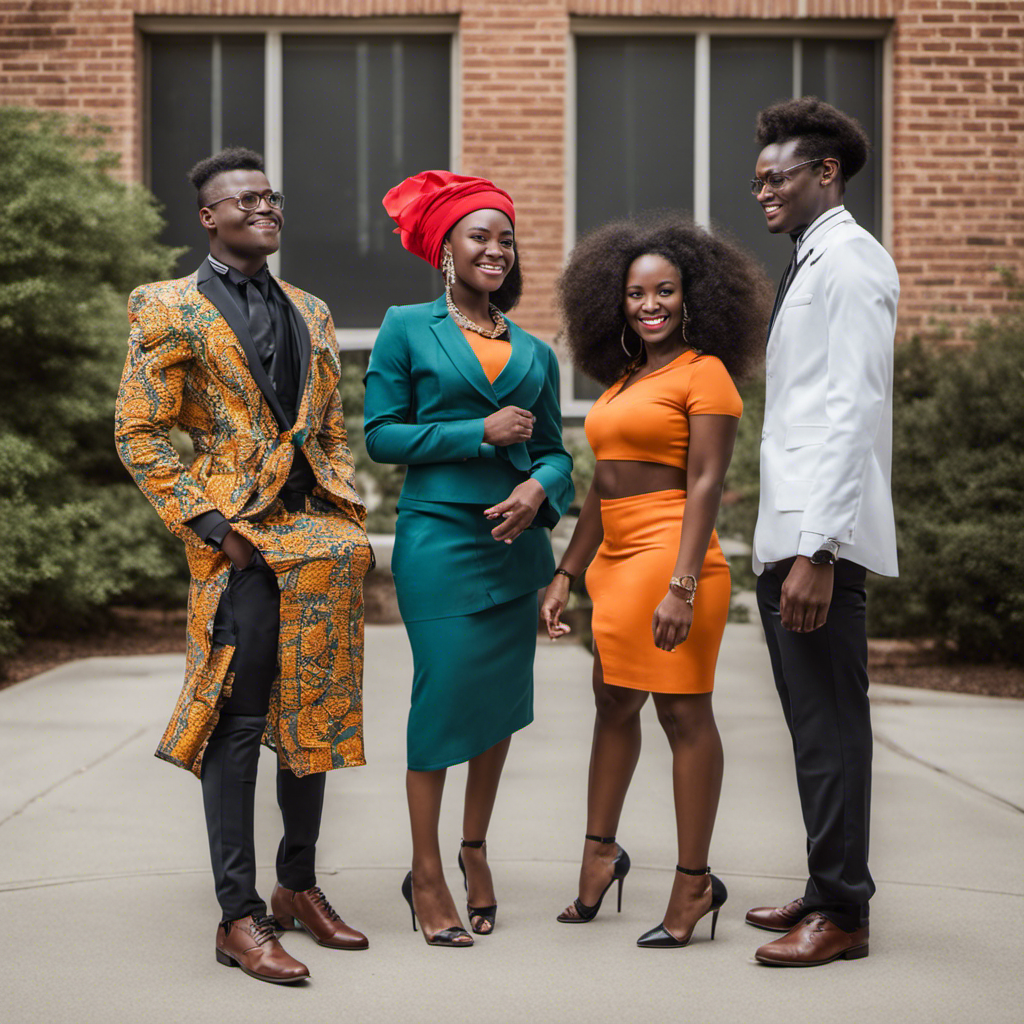

"Building Bridges of Support: Harnessing the Experience of 2nd Generation Immigrants to Empower 1st Generation African Immigrant Kids in the USA"
In today's multicultural society, the United States is home to a diverse range of immigrant communities. Among these communities, African immigrants have made significant contributions to the country's cultural fabric and economic growth. However, the journey of first-generation African immigrant children in the USA is not without its challenges. These young individuals often face a unique set of obstacles as they navigate the complexities of assimilation, cultural identity, and academic success. In this blog, we will explore the various challenges faced by first-generation African immigrant children in the USA and delve into the ways in which second-generation immigrants can step in to provide guidance and support.
The challenges faced by first-generation African immigrant children are multifaceted. A lack of understanding from their peers can lead to feelings of isolation and identity crisis.
These are some of the major challenges faced by 1st generation African immigrant kids in the USA:
- Cultural Adjustment: They often struggle to balance their cultural heritage with the pressures of assimilating into American society. They may face difficulties in understanding and navigating the customs, traditions, and social norms of their new environment.
- Language Barrier: Language can be a significant barrier for these kids. English may not be their first language, and they may struggle with communication, both in academic settings and in their daily lives.
- Education: The education system in the USA may be different from what these kids are accustomed to. They may face challenges in understanding the curriculum, keeping up with academic expectations, and accessing educational resources.
- Identity and Belonging: 1st generation African immigrant kids often face a struggle to reconcile their African heritage with their American identity. They may experience a sense of cultural duality and may feel torn between their African roots and their desire to fit into American society.
- Discrimination and Stereotyping: Unfortunately, these kids may also face discrimination and stereotyping due to their immigrant status or their African background. This can lead to feelings of exclusion, isolation, and low self-esteem.
Recognizing the need for guidance and support, it is crucial to tap into the experiences of second-generation immigrants who have already traversed the path that lies ahead for the first-generation African immigrant kids. By building bridges of support between these two generations, we can harness the knowledge and wisdom of the second-generation immigrants to empower and uplift their counterparts.
Here are some ways that 2nd generation immigrant kids can help their 1st generation counterparts:
- Mentorship and Guidance: 2nd generation immigrant kids can offer mentorship and guidance to their 1st generation peers. They can share their own experiences, provide advice on cultural adaptation, and offer support in navigating the education system.
- Language Support: As language can be a significant challenge, 2nd generation immigrant kids can help their peers by offering language support. They can assist in improving English language skills, translating documents, or explaining academic concepts.
- Cultural Exchange: By promoting cultural exchange, 2nd generation immigrant kids can help their peers embrace their African heritage while also embracing their American identity. They can organize events, share traditions, and create a sense of belonging for everyone.
- Advocacy: 2nd generation immigrant kids can advocate for their 1st generation peers by raising awareness about the challenges they face, addressing stereotypes, and promoting inclusivity and acceptance within their communities.
- Creating Support Networks: Establishing support networks can be invaluable for 1st generation African immigrant kids. 2nd generation immigrant kids can help create these networks by organizing clubs, support groups, or mentorship programs to foster a sense of community and provide a safe space for sharing experiences.
By offering their support, 2nd generation immigrant kids can make a significant difference in the lives of their 1st generation African immigrant peers, helping them overcome challenges and thrive in their new environment. It is important to note that the benefits of this intergenerational exchange are not one-sided. Second-generation immigrants can also gain a deeper connection to their roots through this mentorship role. By helping the first-generation African immigrant kids, they can rediscover their own cultural heritage and strengthen their own identity. This exchange creates a mutually beneficial relationship, where both parties can learn from and inspire each other.
Together, we can build bridges of support and empower the next generation of African immigrants to thrive in their new home.
Related Posts
© 2025 Invastor. All Rights Reserved

User Comments